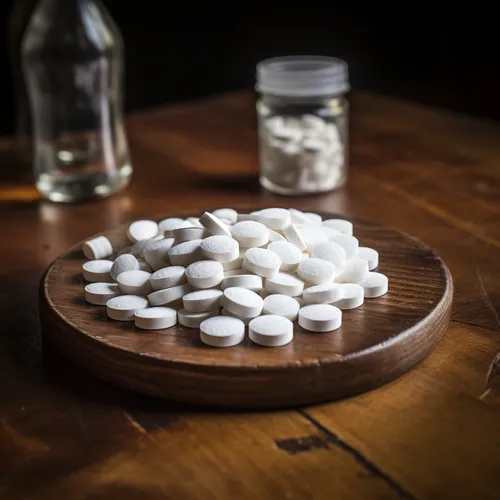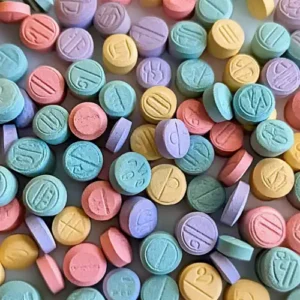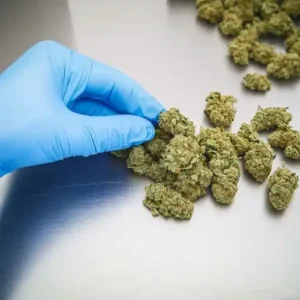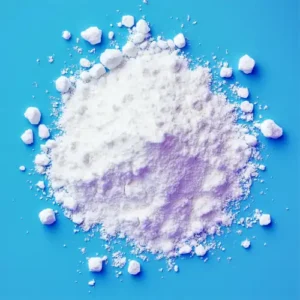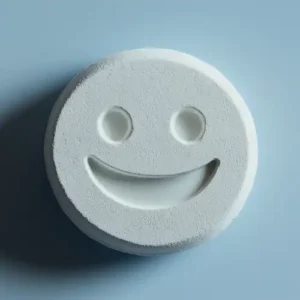The UK government has announced a ban on 20 dangerous opioids and drugs, which will see them classified as Class A substances under the Misuse of Drugs Act 1971.
15 new synthetic opioids will become Class As, along with 5 other substances. Possession of Class A drugs carries a maximum prison sentence of 7 years, while supplying can result in a life sentence.
Many of the newly banned opioids are extremely potent, with similar effects to heroin and fentanyl. They pose a high risk of accidental fatal overdose. Opioids slow heart rate and breathing by interacting with opioid receptors in the brain.
There have been over 645,000 opioid overdose deaths in the USA since 1999. While not yet widespread in the UK, some deaths have been linked to these substances.
The 15 synthetic opioids to be banned are:
- Metonitazene – 10 times more potent than morphine
- Protonitazene – 3 times more potent than fentanyl
- Isotonitazene – 500 times more potent than morphine
- Butonitazene – Several times more potent than morphine
- Flunitazene – Similar potency to morphine
- Metodesnitazene (metazene) – Similar potency to morphine
- Etonitazene (etazene) – 70 times more potent than morphine
- Etonitazepyne – Found sold in Aberdeen
- Etonitazepipne – 100 times more potent than morphine
- N-pyrrolidino protonitazene – Found in Canada
- N-desethylisotonitazene – Up to 20 times more potent than fentanyl
- Brorphine – Linked to 20 deaths in the USA
Limited information was available on:
- N-desethyl-etonitazene
- N-desethyl protonitazene
- Ethyleneoxynitazene
Additionally, 5 other drugs were part of the ban, including the synthetic cannabinoid cumyl-PeGaClone, which can cause seizures and liver failure.
The move comes as part of ongoing government efforts to tackle dangerous drugs and protect vulnerable people from harm. Police and health authorities welcomed the ban, emphasising the need to cut off drug supply chains.
According to Crime and Policing Minister Chris Philp, the banned substances have the potential to “devastate lives, ruin families and damage local communities.” The government aims to block new drugs before they become widespread problems.
The blanket ban controls both the selling and possession of these substances. Police repeatedly emphasise targeting dealers and networks over individual users. Treatment services are highlighted for their importance in tackling addiction and breaking cycles of drug-related crime.
In summary, 20 highly potent and dangerous new opioids and drugs will become Class A substances under UK law. This classification represents the strictest level of control, with the aim of preventing harm from emerging threats before they become established issues. Authorities state the need for collaborative efforts across health services, police, local government and community groups to effectively combat drug harms.
Photo by Zoom Testing
Zoom Testing is a leading UK drug testing company and a supplier of Drug Test Kits.

